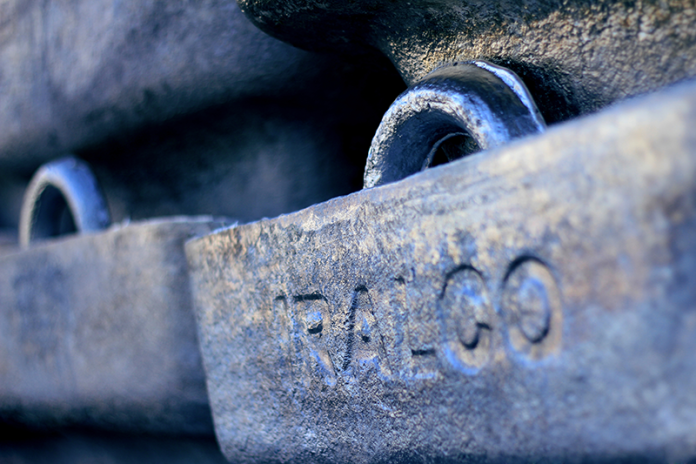Aluminium is a silvery-white metal, the 13 element in the periodic table. One surprising fact about aluminium is that it’s the most widespread metal on Earth, making up more than 8% of the Earth’s core mass. It’s also the third most common chemical element on our planet after oxygen and silicon.
At the same time, because it easily binds with other elements, pure aluminium does not occur in nature. This is the reason that people learned about it relatively recently. Formally aluminium was produced for the first time in 1824 and it took people another fifty years to learn to produce it on an industrial scale.
The most common form of aluminium found in nature is aluminium sulphates. These are minerals that combine two sulphuric acids: one based on an alkaline metal (lithium, sodium, potassium rubidium or caesium) and one based on a metal from the third group of the periodic table, primarily aluminium.
Aluminium sulphates are used to this day to clean water, for cooking, in medicine, in cosmetology, in the chemical industry and in other sectors. By the way, aluminium got its name from aluminium sulphates which in Latin were called alumen.
EDITOR PICKS
POPULAR POSTS
© IRALCO (IRAN ALUMINIUM COMPANY)





